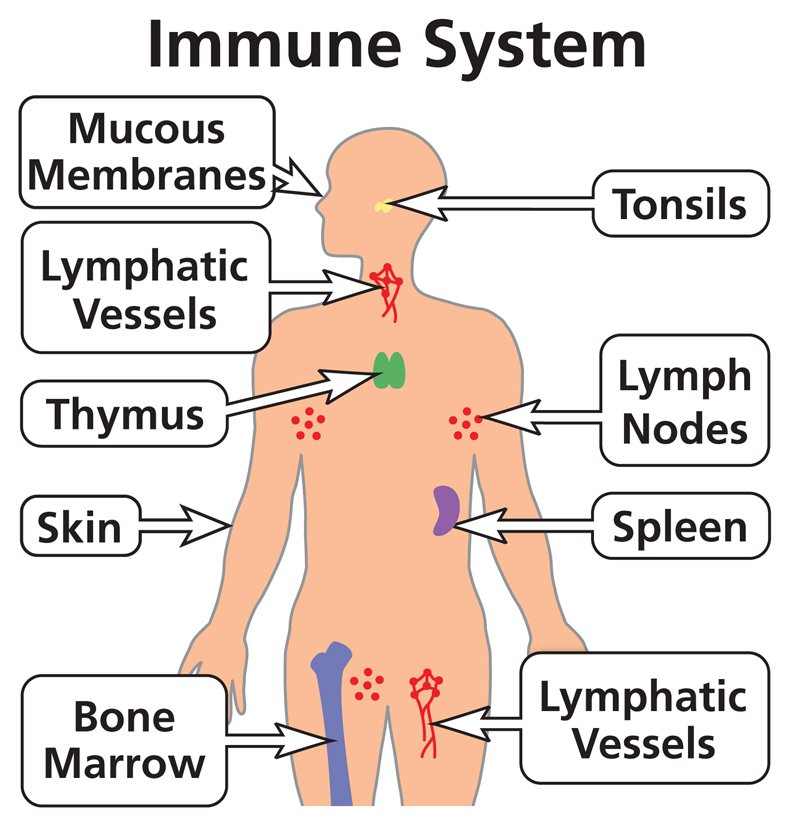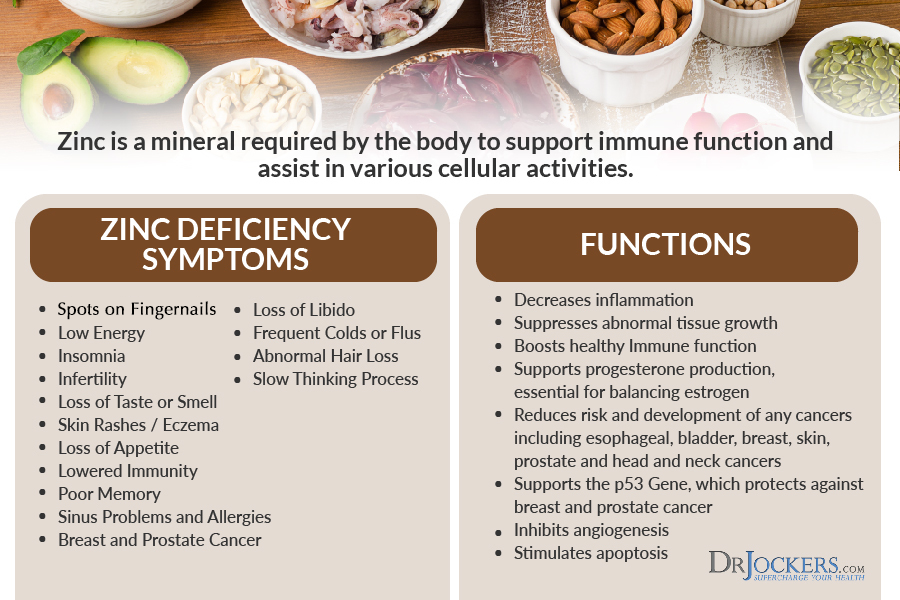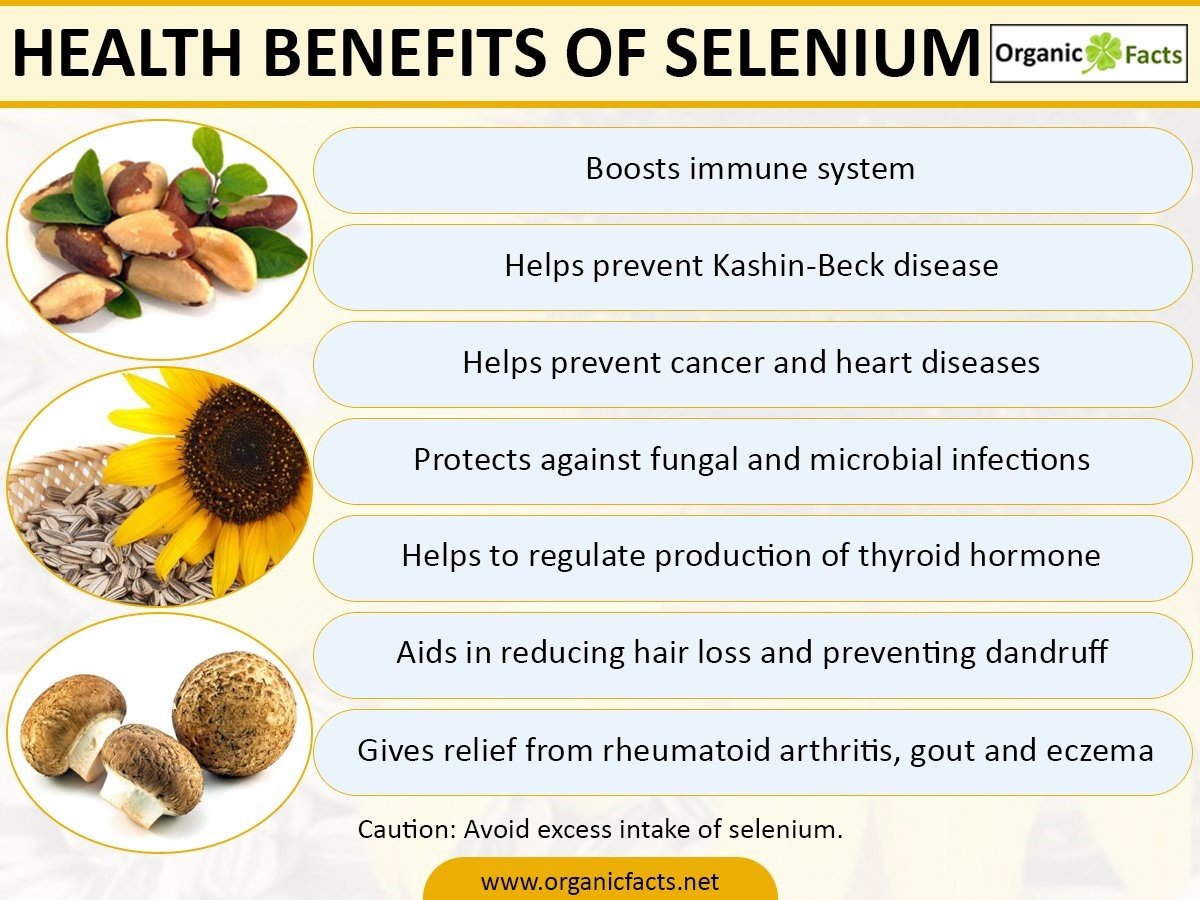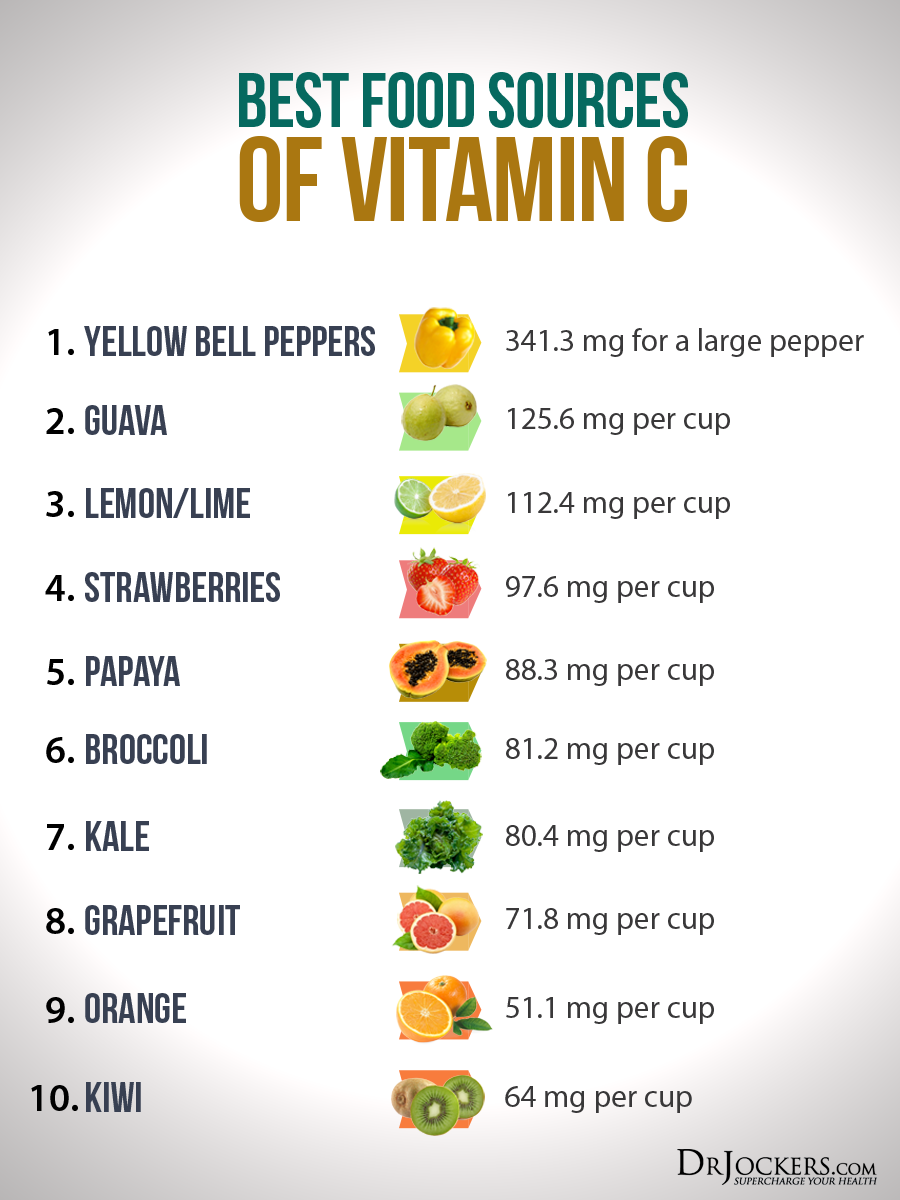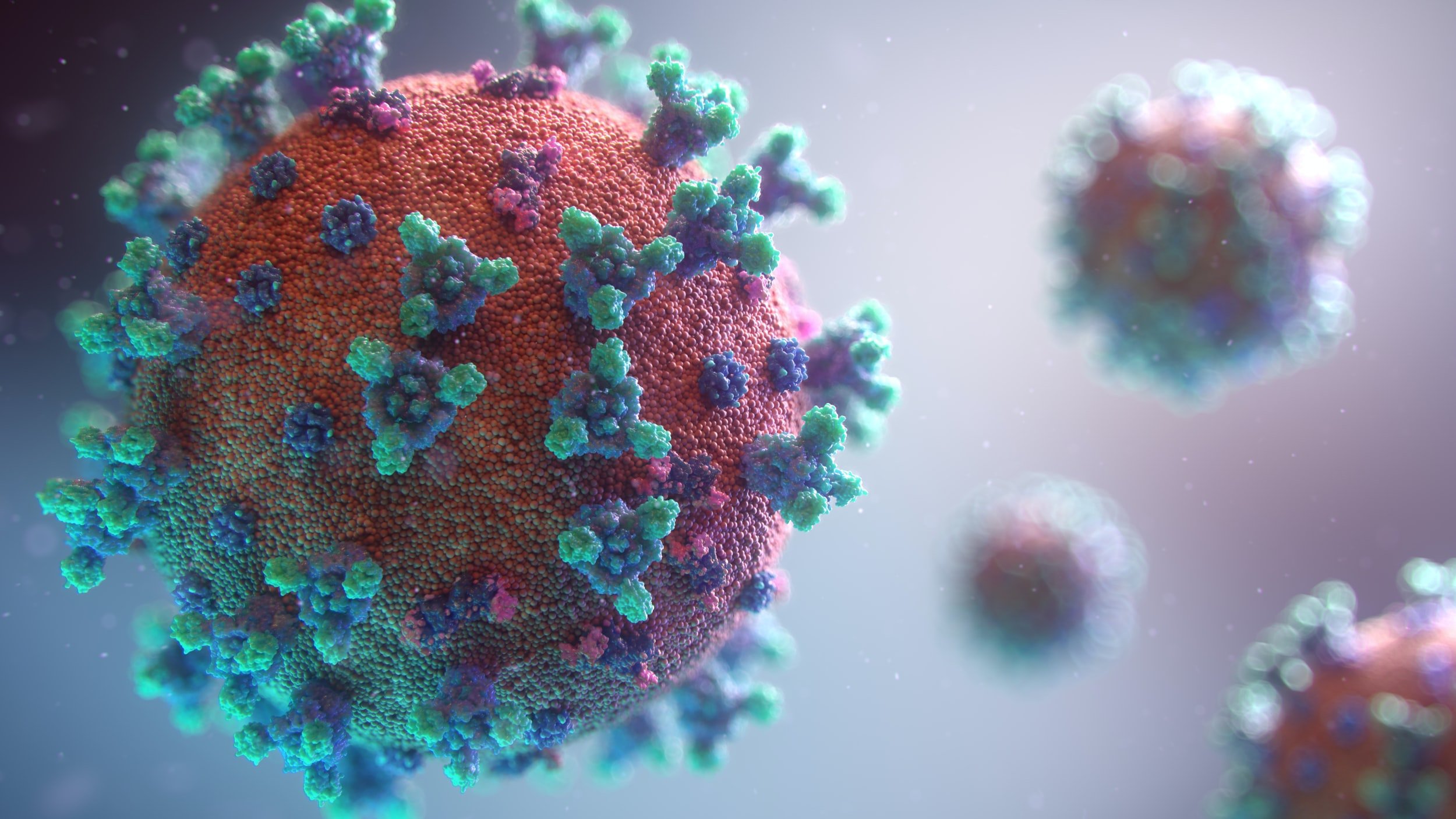Supporting Your Immune System With Vitamin & Mineral Rich Foods
The foods and nutrients to support your immune system function
Over the last few weeks, supporting our immune system has been top of mind or most people. For most of us, the immune system is an abstract thing, we generally know that it helps us fight infection from pathogens including bacteria, viruses, and protozoa (e.g. malaria, toxoplasmosis).
Our immune system is extremely efficient system made up of specific and non-specific defences. These non-specific defences are the ones we are born with (innate) including physical defences such as our skin and skin secretions including sweat and mucus. This first line creates a physical defence against pathogens, that is why current guidelines advise handwashing, not touching our hands and face and cleaning surfaces as a first course of action.
The immune systems second line of defence includes other innate responses such as a fever, inflammation, and some white blood cells. For example, when we cut ourselves, the area around the cut swells up. This inflammation allows blood to flow to the cut bring clotting factors and white blood cells to repair damage and defeat infection.
The third line of defence is our specific defences or acquired immunity. This is made up of antibodies, lymphocytes, and memory cells. This happens when the immune system builds up a defence against a part of a specific pathogen called antigens. This is acquired through past infection or vaccination.
This is a basic outline of how our immune system behalves to help us fight infection. To make it efficient in its response, the immune system cells need access to specific micronutrients. These micronutrients are considered essential, because the body cannot make them itself and so we must get them through our diet.
Vitamins That Support Your Immune System
Micronutrients include both minerals and vitamins. There are many vitamins and minerals that support the immune system. I have narrowed this list to include micronutrients that have the greatest level of research and scientific data when it comes to supporting the immune system.
Immune Supporting Minerals
Zinc
Zinc plays a significant role in strengthening the immune system. Studies have show that zinc deficiency can reduce immune function by impairing the activity of white blood cells in the second line of defence – macrophages, neutrophils, and natural killer cells.[https://www.ncbi.nlm.nih.gov/pmc/articles/PMC2277319/]
A further study has show that zinc can help reduce the frequency of infections as well as reducing the duration and severity of the common cold. [https://pubmed.ncbi.nlm.nih.gov/9651405/]
Zinc rich foods include prawns, beef, lamb, pumpkin seeds, and cashew nuts. Our daily recommended intake of Zinc is 10mg per day for adults and children over 12.
Iron
Iron is essential to life and is a fundamental element for normal development of the immune system. Iron is used by the body to create healthy immune cells. Having low iron levels affects your body’s ability to have an adequate immune response. [https://pubmed.ncbi.nlm.nih.gov/10971835/].
There are two types of iron, haem iron and non-haem iron. Haem iron is found in animal based foods such as red meat, poultry, fish and shellfish. Non-haem iron is primarily found in plant based foods such as like grains, beans, vegetables, fruits, nuts, and seeds and in most iron supplements.
Selenium
Selenium, a key nutrient for immune function, is also an antioxidant that helps boosts the body’s defences against bacteria, viruses, and cancer cells. Selenium is easily obtained from foods, with the richest source being Brazil nuts. The selenium content of Brazil Nuts comes from the soil in which they are grown. Just 4-5 Brazil nuts per day, sourced from South America can help you meet your daily NRV of Selenium. However, the nutrient count can vary depending on soil quality.
Copper
Copper promotes immune function. Together with iron, it enables the body to form red blood cells which carries oxygen around the body. In addition to its role in immune function, copper helps maintain nerve function and it contributes to iron absorption. We need just a small amount of copper in our diets to reach or recommended intake. The NRV per day for Copper in adults and children over 12 is 1mg.
Copper rich foods include organ meats (liver), shiitake mushrooms, nuts, seeds, leafy greens and dark chocolate.
Vitamins Proven to Strengthen The Immune System
Perhaps the most talked about micro-nutrients in relation to the immune system are vitamin C and D. We require a much broader intake of vitamins each day to meet our bodies needs, including B Vitamins, Vitamin E and Vitamin A.
Vitamin A
Vitamin A supports the normal function of mucus membranes which form a key part of our innate immunity. These mucus membranes include the lining of our mouth, blood vessels and lungs. These mucus membranes form an internal barrier, much like the skin does on the outside of our bodies.
Vitamin A comes in two forms – retinol and beta-carotene. The retinol form is found in animal products and is more readily absorbed by the body. However, because of its teratogenic effects, it is recommended that women of childbearing age avoid supplementing with retinol-based Vitamin A.
Beta-carotene is found in plant-based foods including Sweet potato, Carrots, Black-eyed peas, Spinach, Mango, Melon, Broccoli, Sweet red pepper, Squash.
For short-term use and particularly for those with moderate vitamin A deficiency, supplementation can be extremely helpful in supporting the body’s ability to fight infections, particularly about respiratory infections.
Vitamin C
Vitamin C is an antioxidant that may help to prevent infections, including those caused by bacteria and viruses. Regularly administered vitamin C has been shown to shorten the duration of colds, and higher doses of vitamin C during an illness can also act as a natural anti-inflammatory. [https://pubmed.ncbi.nlm.nih.gov/29099763/]
Vitamin C in ascorbic acid form is the type most used in supplements and as a food additive. It is also one of the most studied forms of Vitamin C. Vitamin C in ascorbic acid form has been found to support white blood cells throughout the body, strengthening the immune system and immune response. [https://www.ncbi.nlm.nih.gov/pmc/articles/PMC5874527/]
Vitamin C rich foods include bell peppers, broccoli, citrus fruits, papaya, strawberries, sweet potato and tomatoes.
Vitamin D
Vitamin D, known as the “sunshine vitamin,” is one of the most important and powerful nutrients for supporting the immune system. Numerous studies have shown that it helps reduce the risk of colds and flu, and in reducing symptoms in upper respiratory tract infections. [https://pubmed.ncbi.nlm.nih.gov/23242238/]
A recent study conducts by Trinity College Dublin showed that Vitamin D may help build resistance to respiratory infections, including COVID 19.[https://tilda.tcd.ie/publications/reports/pdf/Report_Covid19VitaminD.pdf]
Unfortunately, a high percentage of the population in Ireland is deficient, so daily supplementation offers the best protection. [https://tilda.tcd.ie/news-events/2017/1710-vitamin-d-paper/]
Co-author of the study Dr. Eamon Laird advised,
“Eating foods such as oily fish, eggs, vitamin D-fortified cereals or dairy products, and a daily 400 IU (10ug) vitamin D supplement, can help avoid deficiency.”
B Vitamins
B Vitamins are water soluble vitamins, this means that they cannot be stored in the body and to maintain adequate amounts, you must consume this each day.
There are 7 B Vitamins but the ones that have been found to support normal functioning of the immune systems are B1- Thiamine, B2- Riboflavin, B5- Pantothenic acid, B6- Pyridoxine, B9- Folate and B12- Cobalamin.
Vitamin B6 is vital to supporting biochemical reactions in the immune system, helping it to respond appropriately. A B6 deficiency may also reduce your body's production of white blood cells. [ https://pubmed.ncbi.nlm.nih.gov/8302491/ ]
Folate (B9) and B12 along with iron are required by the body to create healthy red blood cells. B12 and B9 are also needed for tissue and cell repair. Vitamins B1, B2, B9 and Biotin (sometimes referred to as B7), are required for the create of antibodies, a type of white blood cell [https://pubmed.ncbi.nlm.nih.gov/565055/].
Supporting Your Immune System: Conclusion
There is no one food that will allow you to support your immune system. Following a varied diet and balanced lifestyle can allow you to meet your body’s daily requirements. By including a variety of vegetables (7 per day minimum), fruit (2 per day), protein and fats e.g. omega 3 fatty acids will allow your body to support its normal immune function.
However, those with digestive disorders such as IBS, IBD (Crohn’s, Ulcerative Colitis) and those following a restrictive diet may find it more difficult to meet their nutrient needs through diet alone. Additionally, some medications such as antacids can lower stomach acid, reducing the body’s ability to digest food efficiently and ‘cleave off’ these nutrients.
Lifestyle factors such as consuming lots of processed foods, stress, lack of sleep, smoking and drinking alcohol can lower your nutrient status.
If you are unable to meet your dietary needs through food, for whatever reason, a multivitamin and mineral supplement may be of benefit to you in maintaining a healthy immune system.
